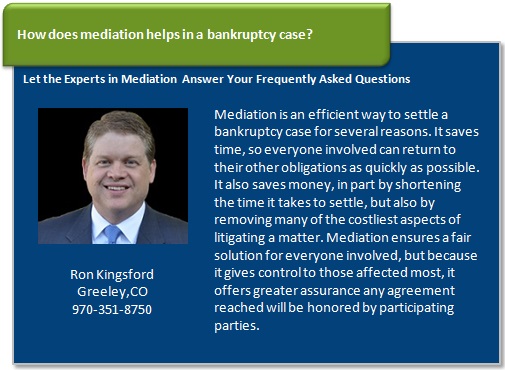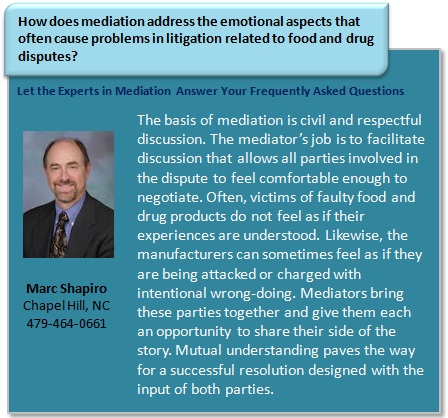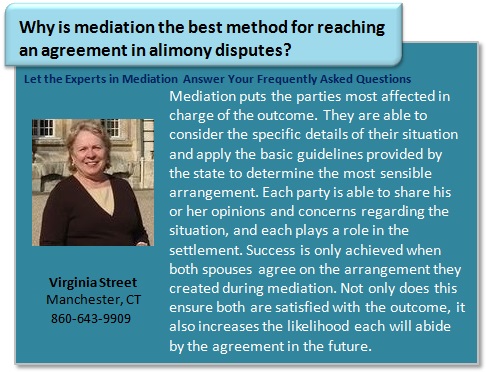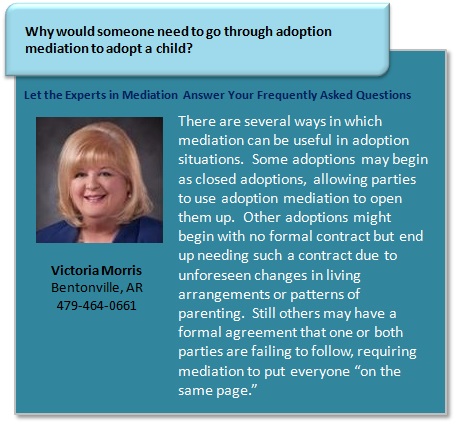 The standard field sobriety test is comprised of three tests: the one-leg stand, walk and turn and the horizontal gaze nystagmus. This test monitors a person’s gross and fine motor abilities, as well as the cognitive ability of a subject to listen to instructions and follow them. These tests are supposed to help law enforcement officers determine if a driver is impaired. However, poor performance on one or more of these tests can be due to other causes that have nothing to do with sobriety.
The standard field sobriety test is comprised of three tests: the one-leg stand, walk and turn and the horizontal gaze nystagmus. This test monitors a person’s gross and fine motor abilities, as well as the cognitive ability of a subject to listen to instructions and follow them. These tests are supposed to help law enforcement officers determine if a driver is impaired. However, poor performance on one or more of these tests can be due to other causes that have nothing to do with sobriety.
Medical Conditions
For example, the subject may suffer from a medical condition that makes it difficult for him or her to perform the tests. A one-leg stand may be difficult for someone who has a medical condition related to his or her knees or back. Additionally, some medications may affect a person in ways that are associated with alcohol intake without actually impairing the individual. Overweight individuals may also have difficulty performing certain tests.
Balance Problems
A number of medical conditions also impact a person’s balance. However, poor balance may simply be a natural characteristic that causes the individual to perform poorly on such tests.
Age
Individuals who are over the age of 65 should not usually be given the test.
Environmental Factors
Roads that are slippery due to rain, sleet or snow may make it difficult to perform such tests. Windy conditions can make it difficult for individuals to pass such tests. The same is true if the road is rugged or has cracks in it. Even the subject’s shoes can impact the results of a field sobriety test.
Tiredness
Another possible factor is that the subject is tired. Drivers are often pulled over during the middle of the night when they may be heading home to finally get some sleep. Tiredness can affect their dexterity and overall performance on these tests.





 Mediation is an effective tool for settling inheritance disputes for a variety of reasons. They can assist in the settling of general disputes related to an estate, including contested wills. If the goal is to keep the involvement of the courts to a minimum in the settlement of an estate, mediation offers a fast and efficient tool for accomplishing the goals of everyone involved.
Mediation is an effective tool for settling inheritance disputes for a variety of reasons. They can assist in the settling of general disputes related to an estate, including contested wills. If the goal is to keep the involvement of the courts to a minimum in the settlement of an estate, mediation offers a fast and efficient tool for accomplishing the goals of everyone involved.



